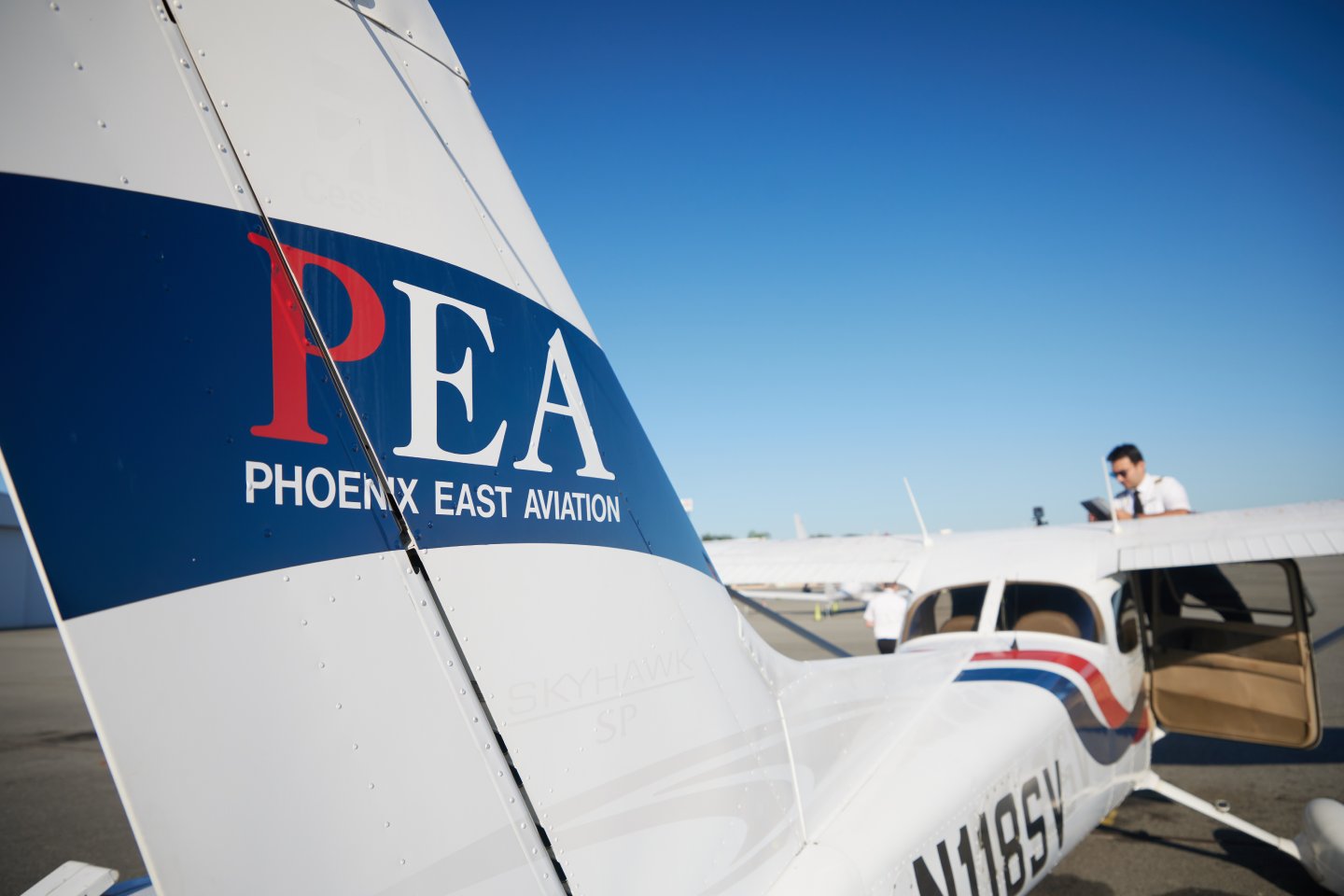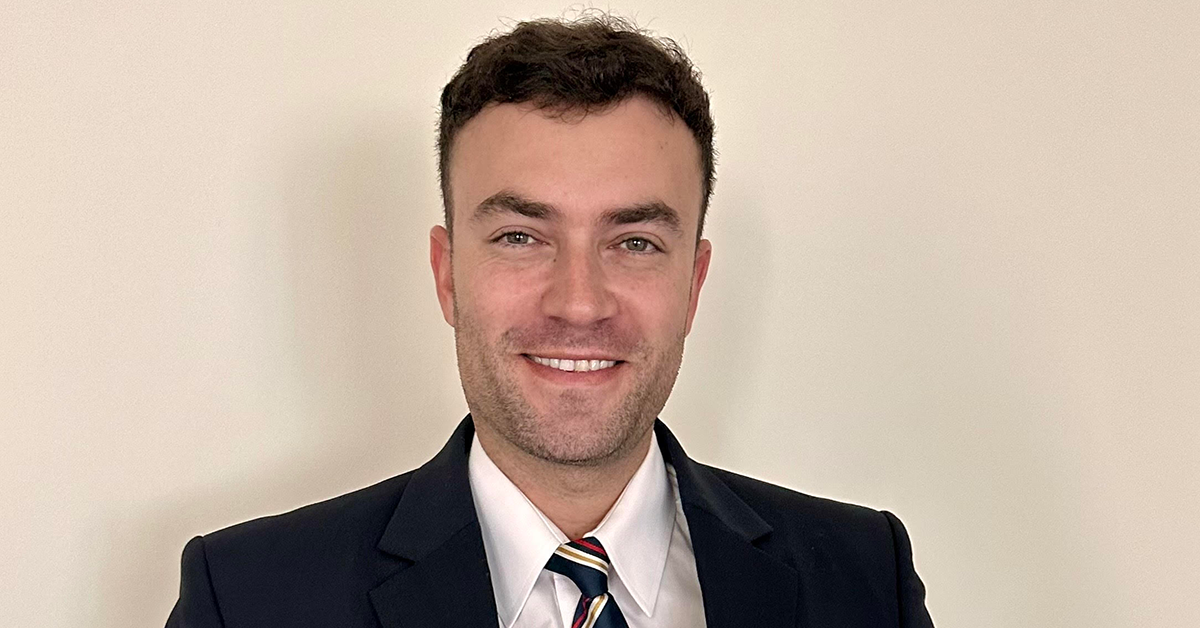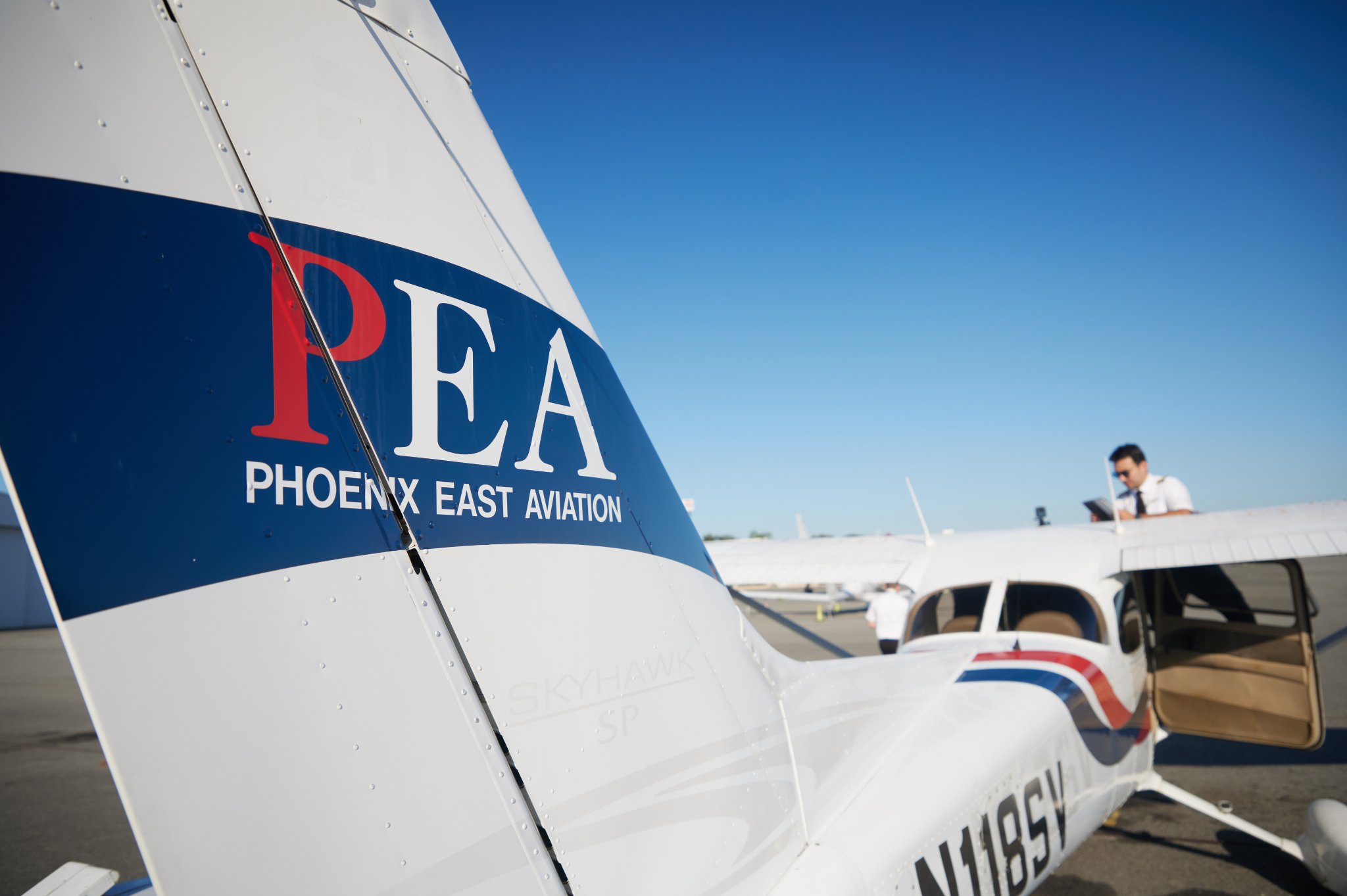What Is an Accredited Aviation School?
“The essential purpose of the accreditation process is to provide a professional judgment as to the quality of the educational institution or program(s) offered and to encourage continual improvement thereof.” Accreditation is the process by which the Accrediting Council for Continuing Education & Training (ACCET) grants public recognition to an educational institution that has voluntarily submitted to an evaluative comparison with established qualifications and standards and has demonstrated that it is in compliance with the Standards for Accreditation, both upon initial application and periodically thereafter. ACCET’s function is focused on educational quality, the continuous assessment and improvement of educational practices, and assistance to institutions in the improvement of these practices within their programs. Through its support of an independent Accrediting Commission (hereinafter “the Commission”), the ACCET membership promulgates and sustains the Standards for Accreditation, along with policies and procedures that measure and inspire educational quality.

What Are the Benefits of Attending an Accredited Aviation School?
Integrity is a central, indispensable, and defining characteristic of a quality institution demonstrated by the operation of the institution and its programs in accordance with ACCET Document 2.1 – Principles of Professional Ethics for ACCET Institutions. In the accreditation process, an institution must provide the Commission with accurate, complete, and pertinent information, including reports of other accrediting, licensing, and auditing agencies. An institution’s failure to report honestly by providing false or misleading information, including misrepresentation by omission, will constitute a breach of integrity and seriously jeopardize the institution’s accreditation status, with the risk of an adverse action by the Commission.
How Long Does It Take to Complete a Program at an Accredited Aviation School?
An Accredited Aviation school allows the student to progress through their training in an extremely efficient and predictable manner. A full professional program at PEA typically takes about 14 months from start to finish, whereas the training at non accredited schools can take significantly longer with a much higher than expected cost. The final duration of training is always dependent on the dedication a student puts forward towards their training and their ability to retain information, but accredited schools have safety mechanisms in place to offer a better training experience.
How Is the Quality of Education at Accredited Aviation School Compared to Non-Accredited Ones?
Schools that are not accredited are not subject to any of the major components of this ongoing accreditation process are as follows:
- The development and implementation of institutional and program goals and objectives that focus upon a continuing education mission
- A comprehensive, analytic self-evaluation review and report by the institution
- An on-site professional peer review to evaluate both the adequacy and accuracy of the self-evaluation and the institution’s compliance with ACCET standards
- An independent review and decision by the Commission as an assessment of the institution’s commitment to and compliance with ACCET standards, policies and procedures.
What Kind of Job Opportunities Can I Expect After Graduating from an Accredited Aviation School?
There is no shortage of opportunities for flight school graduates to pursue. Accredited aviation schools boast the most desired reputation for employment opportunities. With proven measured performance, accredited aviation schools achieve nationwide airline/corporate industry-understood recognition for their consistently tested program. At an accredited aviation school, graduates leave with the proper training they need to prepare themselves for a career as a pilot, whether that is for commercial, airline transport, etc.
Cost of an Accredited Aviation School
Understandably, potential students who are ready to pursue a career as a pilot may be concerned about the cost. Cost/benefit analysis historically shows a far superior return on investment based on the quality of education. This means that students of an accredited aviation school have a potential upper hand at the start of their career than if they did not attend an accredited school.
Additionally, employers in aviation acknowledge when students have attended an accredited aviation school, leading to stronger employment opportunities for graduates providing the potential to earn even higher incomes.
Is Phoenix East Aviation Accredited Aviation School?
Are you interested in pursuing a career in aviation from an accredited school? Contact us to get started on your training or to inquire further about our training process. For more information on Phoenix East Aviation’s accredited programs, visit our homepage.



